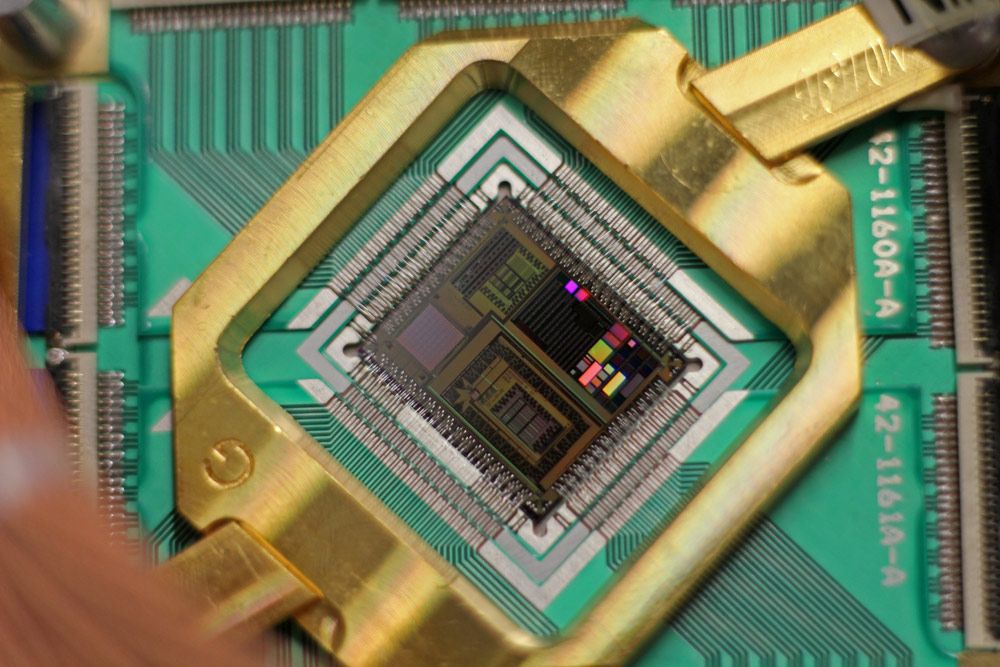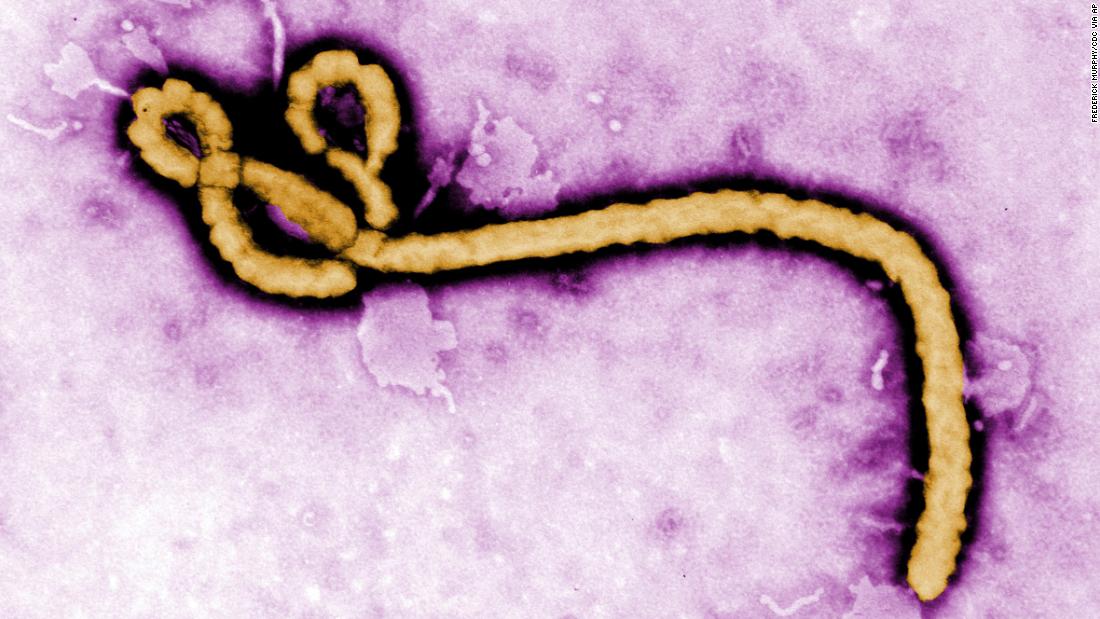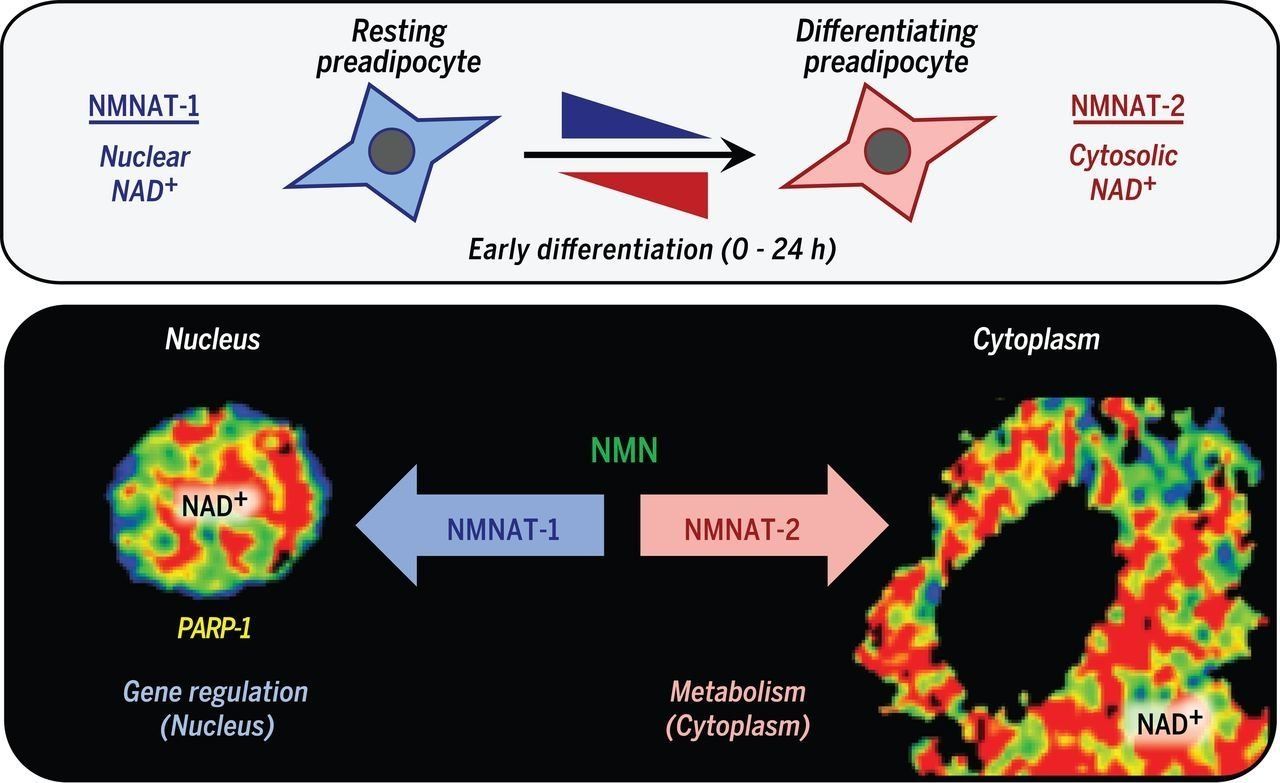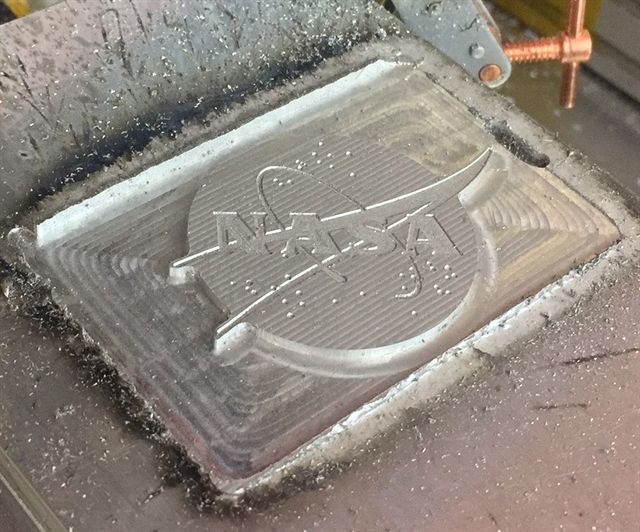Page 10170
May 11, 2018
SpaceX launches Block 5 Falcon 9, a radically reusable rocket
Posted by Genevieve Klien in categories: Elon Musk, space travel
Elon Musk and his rocket company just sent a rocket to space that’s designed to do the same thing 99 more times.
May 11, 2018
WHO preparing for ‘worst-case scenario’ in Ebola outbreak
Posted by Genevieve Klien in categories: biotech/medical, health
The World Health Organization is preparing for the “worst-case scenario” as it continues to respond to the Ebola outbreak in the Democratic Republic of Congo.
Peter Salama, deputy director-general of emergency preparedness and response at the WHO, said in Geneva, Switzerland, on Friday that it’s “going to be tough and it’s going to be costly to stamp out this outbreak.”
There have been 34 cases of Ebola virus disease reported during the past five weeks, the WHO said Friday. Of those, two have been confirmed using laboratory tests, 14 are suspected, and 18 — who are deceased — are considered probable for the disease. Three of the patients are health care workers.
Continue reading “WHO preparing for ‘worst-case scenario’ in Ebola outbreak” »
May 11, 2018
Researchers find glycolysis links to gene transcription via NAD+
Posted by Manuel Canovas Lechuga in categories: biotech/medical, food
A team of researchers at the University of Texas has found NAD+ synthesis and consumption integrate glucose metabolism and adipogenic transcription during adipocyte differentiation. In their paper published in the journal Science, the group describes their research into how glucose is converted into fat in the body and what they found. Sophie Trefely and Kathryn Wellen with the University of Pennsylvania and Drexel University, respectively, offer a Perspective piece on the work done by the team in Texas in the same journal issue.
As obesity rates continue to climb around the globe, scientists continue to explore why it is happening. In addition to studying the psychological aspects involved, scientists would also like to better understand why eating too much makes people gain weight. In this new effort, the researchers looked more closely into why consuming too much glucose causes the body to produce fat.
Prior research has shown that nicotinamide adenine dinucleotide (NAD) is an important molecule that plays a role in a wide variety of physiological and pathological processes. Its oxidized form, NAD+, has also been found to act as a cofactor in metabolic pathways, and more importantly, perhaps, is consumed by various enzymes. Once consumed, NAD+ is broken down into nicotinamides and ADP-ribose. This, the researchers note, means that NAD+ must be resynthesized for normal cellular function to continue. They further note that some prior research has suggested that lower-than-normal levels of NAD+ can alter metabolism, leading in some cases to higher disease susceptibility.
Continue reading “Researchers find glycolysis links to gene transcription via NAD+” »
May 11, 2018
How the Machines Are Making Human Resources More Human
Posted by Genevieve Klien in category: robotics/AI
At Collision, start-ups showcased technologies to hire and motivate employees and build better teams. From recruiting to retention, apps are adding automation to the HR function.
May 11, 2018
Data storage on DNA: Where Silicon Valley meets biotech
Posted by Klaus Baldauf in categories: computing, food, genetics, media & arts
In the heart of San Francisco’s Mission Bay neighborhood, which not long ago was dirt lots and warehouses, Emily Leproust is cooking up what she — and $209 million worth of investor cash — believes is the future of DNA production.
Leproust is CEO of Twist Bioscience, a 5-year-old biotech company striving to make the production of synthetic DNA — which is used in fragrances, genetically modified foods and pharmaceutical drugs — cheaper, faster and smaller.
The same lab-manufactured DNA, Leproust hopes, could also transform the way data, from music to medical records, is stored.
Continue reading “Data storage on DNA: Where Silicon Valley meets biotech” »
Every day satellites are zooming through space, snapping incredible pictures of Earth, the solar system and outer space. Here are the highlights from this week.
May 11, 2018
The answer to life, the universe and everything might be 73. Or 67
Posted by Genevieve Klien in category: cosmology
A new estimate of the Hubble constant – the rate at which the universe is expanding – is baffling many of the finest minds in the cosmology community.
Hannah Devlin, Science correspondent.
May 11, 2018
Hybrid Metal 3D Printer from Made In Space Gets NASA Funding
Posted by Klaus Baldauf in categories: 3D printing, space
The VULCAN system from Made In Space combines metal deposition with machining to create metal parts.
May 11, 2018
On life extension and risk aversion
Posted by Nicola Bagalà in categories: biotech/medical, life extension
A discussion on whether or not extended lifespans might make us paranoid about every tiniest risk.
Some months back, I read “Sapiens: A Brief History of Humankind” by Yuval Noah Harari. It’s a really good book, though it did disappoint me significantly when, after discussing the past and the present of our species, the author began glancing towards possible futures. At that point, the impartiality required of a historian, which Harari had thus far managed to keep up more or less evenly throughout the book, gave way to a subtly implied pessimism pervading, among other things, his views on future rejuvenation biotechnology.
Honestly, I wasn’t expecting him to even touch upon the subject; I was pleasantly surprised, at least until I realized that his concerns, most of which were the usual ones you’d expect, seemed to make him inclined to see rejuvenation as a plague rather than a blessing.
















